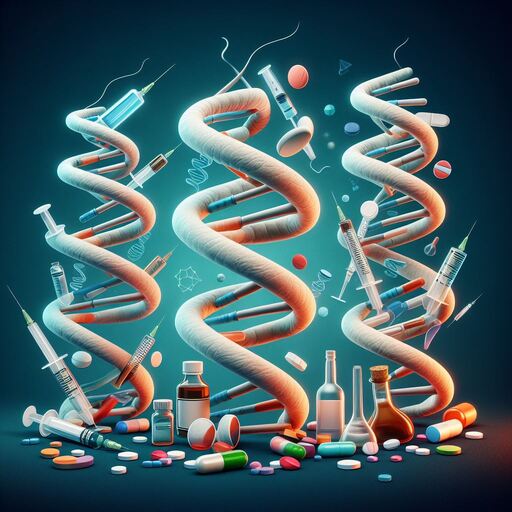The Impact of Social Media on Addiction
The Impact of Social Media on Addiction
Social media has become an integral part of our daily lives, with millions of individuals using it for communication, entertainment, and information sharing. However, research suggests that social media use can have a significant impact on mental health, particularly in the area of addiction. In this article, we will explore the impact of social media on addiction and what steps individuals can take to reduce negative effects.
Impact of Social Media on Addiction:
1. Social Comparison: Social media platforms such as Instagram, Facebook, and Twitter encourage users to compare themselves to others, which can lead to feelings of inadequacy and low self-esteem. This can contribute to the development of eating disorders, body dysmorphia, and depression.
2. Cyberbullying: Social media platforms are often used for cyberbullying, which can have a significant impact on mental health. Victims of cyberbullying may experience anxiety, depression, and even suicidal thoughts.
3. Addiction Triggers: Social media can serve as an addiction trigger for individuals struggling with substance abuse or behavioral addictions. The constant availability of alcohol, drugs, and gambling on social media platforms can make it difficult to resist temptation.
4. Obsession: Social media use can become obsessive, leading to a loss of time and a negative impact on personal relationships and productivity.
The Impact of Social Media on Addiction
Steps to Reduce Negative Impacts:
1. Limit Use: Limiting the amount of time spent on social media platforms can help reduce negative impacts and promote better mental health. It is important to set boundaries and prioritize other activities such as exercise, hobbies, and spending time with loved ones.
2. Mindful Use: Being mindful of social media use means being aware of how it affects you and being intentional about the content you consume.  This can help reduce exposure to negative content and promote a more positive impact on mental health.
This can help reduce exposure to negative content and promote a more positive impact on mental health.
3. Support: Seeking support from friends, family, or a therapist can be beneficial in managing negative impacts of social media use and addiction triggers.
4. Privacy Settings: Utilizing privacy settings on social media platforms can help reduce exposure to cyberbullying and negative content. It is important to report any instances of bullying and harassment to the platform’s support team.
The Impact of Social Media on Addiction
Conclusion:
Social media has a significant impact on addiction and mental health, particularly in the area of social comparison and addiction triggers. By limiting use, being mindful of content, seeking support, and utilizing privacy settings, individuals can reduce negative impacts and promote better mental health. However, it is important to remember that social media is just one aspect of our lives and should not control or define who we are.
The Impact of Social Media on Addiction
